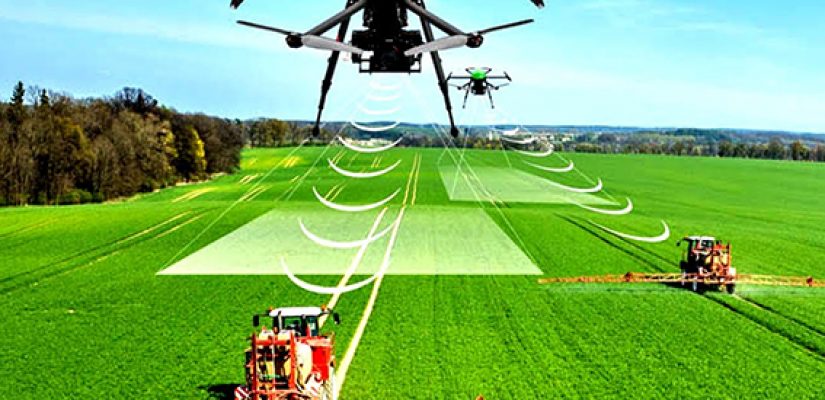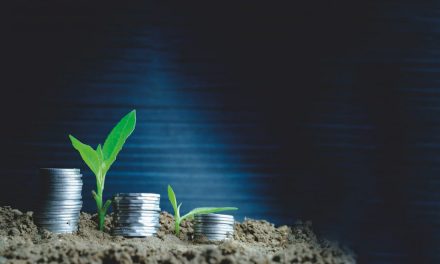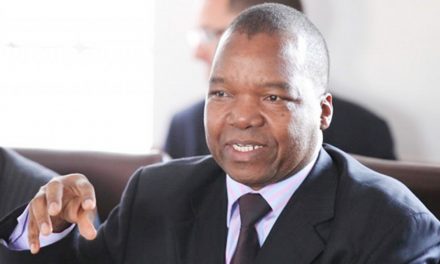Every now and then our politicians take time to angrily shake their fists at what they call “cellphone farmers”. These are working professionals who buy farms to work on but soon realise that they are too much work. They end up leaving the farm to be run by minimum wage labourers while they themselves only visit on weekends if at all. While the term “cellphone farmer” does carry negative connotations at present it is likely to become the accepted norm as the years progress and more people embrace technology.
The truth is that they are a few really good farmers and not everyone who owns or runs a farm (or any other agricultural venture) is willing to go to school to learn. In the near future, a few experts should be able to efficiently run each and every farm in the country directly from their offices if our agricultural sector is able to effectively utilise the already widely available technologies. Right now AGRITEX officers are limited in what they can do because their current way of doing business usually requires them to be physically present.
Online agricultural consultancy
The internet and other telecommunication technologies were created to reduce the need for actual physical travel and face to face communication. I believe that this ideology should be embraced by agricultural consultancy and advisory services. This will allow a single AGRITEX officer (or any other kind of agricultural consultant) to attend to more farmers, more frequently and at a much lower cost. If doctors in other parts of the world are able to successfully conduct consultations over large distances using technologies like video conferencing it is more than possible to do the same with agriculture in our country. As this method of consultation will cost less, the farmer will be able to afford more frequent consultations (a lot more handholding in short).
Such services will not only benefit farmers in traditional farms. More and more urban dwellers are turning to activities like chicken rearing as a means of supplementing their incomes. Most of these people do not have the requisite knowledge or experience and end up suffering heavy losses as a result. These city farmers could be constantly consulting with poultry farming experts or other more experienced farmers and thus be able to reduce the financial risk associated with starting their own poultry businesses. While a lot of people are already sharing knowledge on existing platforms like Whatsapp there is need for more engaging and specialised platforms that will allow farmers to discover experts and each other.
It would be nice living in a world where I can wake up one day, start a poultry project and know that there is an expert available at my disposal to guide me and answer any questions I have.
Cheaper sensors provide crucial information
There was a time when if you wanted to measure the acidity of your soil you would have to take it to a lab somewhere and fork out a sizeable fee. Nowadays there are affordable sensors, some of them sold in hobbyist shops, which you can just buy and stick into the ground and they will be able to give you the same information for free. Humidity sensors can also be embedded in the ground to measure how much moisture content is in the soil. Such seemingly simple metrics like acidity and humidity can ensure that you apply fertilizer or irrigate only where it is needed and thus be able to save water and fertilizer.
Besides just informing the farmer, these sensors can relay all this information directly to the agricultural consultants I discussed earlier allowing them to have a much more accurate view of the farm that they are supposed to be helping you manage. Sensors can also be attached to automated systems e.g the soil humidity sensors can be used to control the irrigation system, in this way plants will only be watered when absolutely necessary and without the need for any human intervention.
Drones
Nowadays if you need a bird’s eye view of your property, you do not need to hire a light plane. Drones can not only allow the farmer to have a quick look around his farm but can also be operated by a consultant hundreds of kilometres away and used to observe the state of the crops. With a drone sending high-quality images straight to his desk, the need for a physically present consultant is further reduced.
You may not even need an expert
Expert systems and artificial intelligence applications can be designed to emulate and sometimes replace human experts altogether. These systems can be very effective aids to farm management. With sensors and people feeding them data about the farm environment, they will be able to quickly make important decisions. Rudimentary precursors to such systems are already in existence: there are several mobile phone apps which claim to be able to help you make such decisions as choosing which crops to plant on a particular season, when to start planting and which seed varieties to use.
Happy farming.







